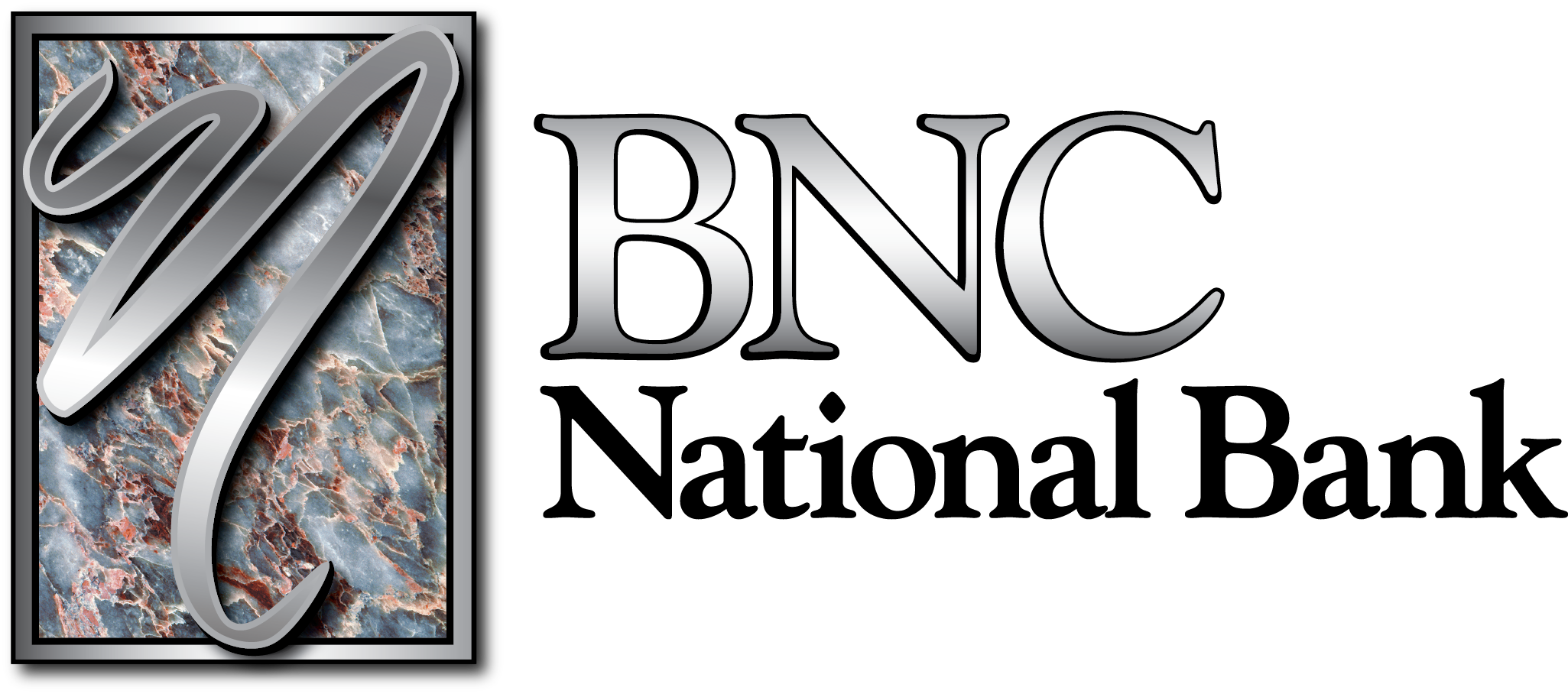While personal loans aren’t often the first financial tools people think of when they need cash, they arguably should be. Personal loans are more accessible and less complex than you think—and getting one can be a highly strategic boost for your personal finances, your progress toward your goals, and your quality of life.
Here’s Exactly How Personal Loans Can Benefit Individuals Like You
Taking out a personal loan can offer you several key advantages.
For example, think about what you could do with:
-
Quick access to funds that could help you cover your urgent financial needs or fund significant life upgrades.
-
Competitive interest rates that, depending on your credit, could be more favorable than those available through credit cards.
-
Structured repayment plans that offer a manageable way to budget.
-
A potentially improved credit score after a series of timely repayments, which could make the rest of your financial life significantly easier.
Sounds great, right?
But maybe you don’t think you need a personal loan. And you might not—but we’ve found that more people have a rationale for personal loans than realize it. Personal loans can help people solve problems they face on a daily basis. Personal loans can support effective debt consolidation, provide peace of mind when managing unexpected emergencies, or ease major expenditures surrounding weddings, education, or home improvement.
Personal loans can be a strategic tool for managing and improving one's financial health.
But of course, not every single personal loan is a great fit for you and your goals.
Tips for Choosing the Right Personal Loan for You, Specifically
When you’re first considering a personal loan, there’s one question you need to ask yourself to make sure you end up with something truly helpful: What's the purpose of this loan?
That may seem like a simple question, but it’s not one to skip. Whether it's for debt consolidation, a major purchase, or an emergency, keeping your reasons front and center will guide many choices—from how much to borrow to the type of terms suitable for your situation.
Once you know your “why” and how much managing that goal will cost, it’s time to determine what you’re eligible for.
Your Credit, Your Loan Eligibility, and You
One of the factors your loan issuer will consider when granting you a loan is your credit score.
Why? Your credit score represents a lot of information in three digits. It can give your bank information about how payment history, your responsibility with credit, and more. Generally, financial institutions will want to see higher scores before issuing loans. If you have a higher score, you may be able to get a lower rate on your loan.
Before you apply for a loan, check your credit score. Then, talk to your prospective lender. Each lender has different eligibility criteria, including income levels, employment status, and credit history. You might be able to take steps to improve your score or borrower profile, if necessary.
Are Loan Calculators Really Helpful?
Yes, loan calculators can be incredibly helpful!
Loan calculators are interactive, easy-to-use tools that can help you estimate what your monthly payments might be for an upcoming loan. This gives you the information you need to budget effectively and know for sure that the loan you choose aligns with your financial capabilities and goals.
Interested in using a calculator to see what type of loan would fit comfortably in your financial plan? We’ve got a convenient one for you right here.
How Many Years Is Best for a Personal Loan?
Usually, the ideal term for a personal loan ranges from 1-5 years. Your goal should be to balance manageable repayments with your overall interest costs. These will be inversely proportional. That means a shorter-term loan reduces total interest but will come with higher payments, while a 5-year term may offer lower monthly payments but will give you higher total interest.
Common Pitfalls to Avoid When Taking Out Personal Loans
When you take out a personal loan, there are a few common challenges you’ll want to avoid. These include:
-
Overborrowing: This happens when you take out more in a personal loan than you truly need. (Remember, your first step was to figure out why you needed a loan, which should tell you how much you really need to take out!)
-
Misunderstanding the loan terms: When you take out a loan, you’ll need to go through the terms and conditions with a fine-toothed comb. The fine print will contain lots of practical information about the interest rate, repayment schedule, and any penalties for late or missed payments. This knowledge is key to managing your loan responsibly. (Pro tip: You can always ask the representatives at your friendly community bank for help deciphering and understanding your loan terms.)
-
Ignoring additional fees: Many loans come with extra charges at least occasionally. These can include origination fees or prepayment penalties. Don’t overlook these! Even if they’re one-offs or seem relatively small, they can add up or lead to an unwelcome surprise. Make sure to account for all fees in your financial planning.
Ultimately, your best bet is this: Take the time to understand your financial needs, research various loan options, and read all the fine print.
Think It’s Time to Explore the World of Personal Loans This Year?
Personal loans can offer you flexibility and quick financial fixes, but you’ve got to make sure you’re using them properly to avoid potential challenges. We’re here to help you approach personal loans as an informed borrower! Interested in further insights and tailored-to-you guidance? Connect with the helpful team at BNC National Bank to find precisely what you need.





.jpeg?width=960&length=960&name=AdobeStock_710536214%20(1).jpeg)